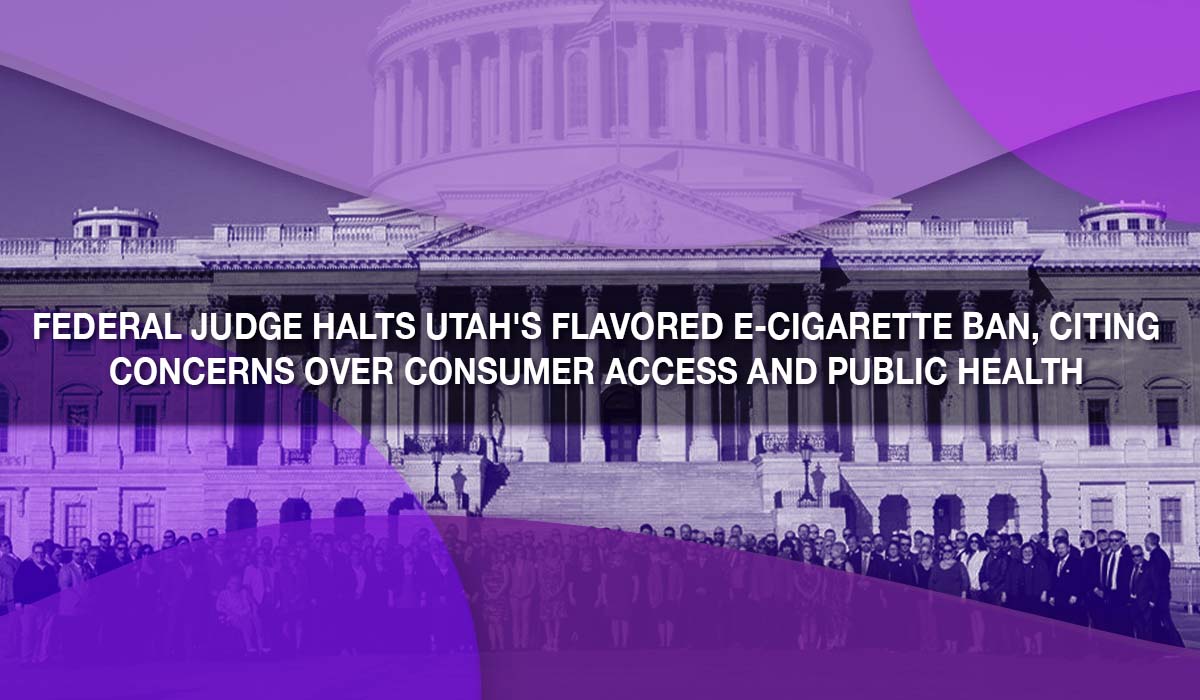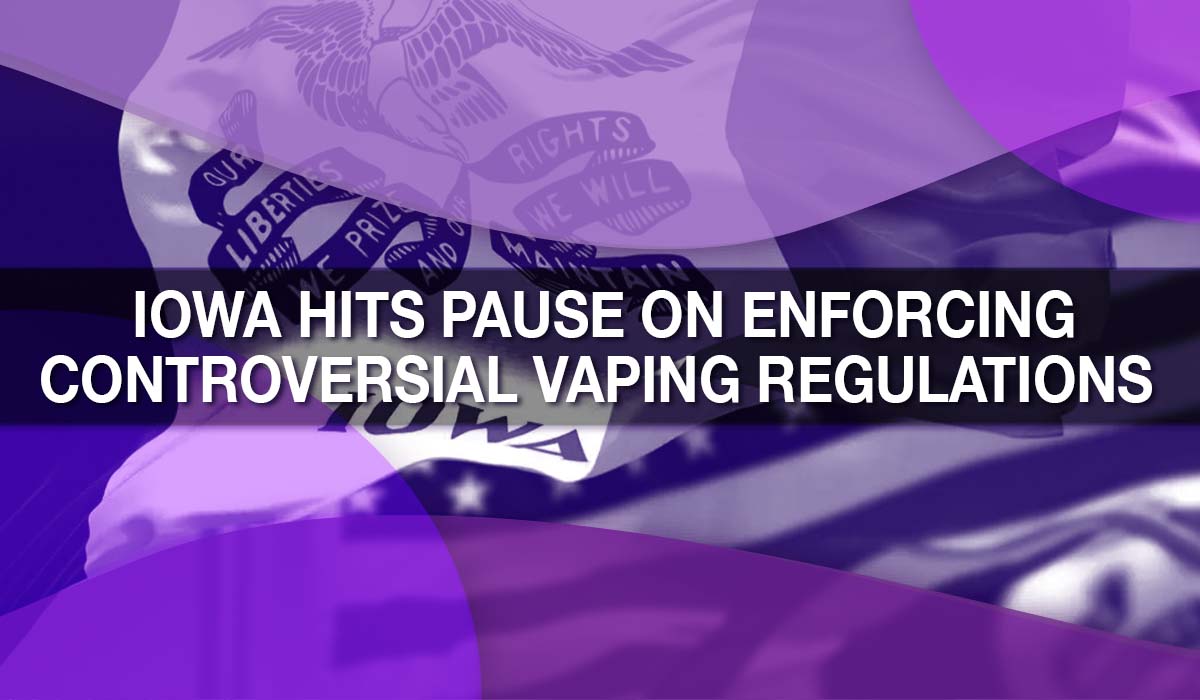
Federal Judge Halts Utah's Flavored E-Cigarette Ban, Citing Concerns Over Consumer Access and Public Health
In a pivotal decision for Utah’s vaping industry, U.S. District Judge David Barlow granted a temporary restraining order on Dec. 30, 2024, delaying the enforcement of a statewide ban on flavored e-cigarettes. The restrictions, outlined in Senate Bill 61 ("Electronic Cigarette Amendments"), were set to take effect on Jan. 1, 2025. The delay follows a legal challenge filed by the Utah Vapor Business Association (UVBA) and The Smoke House, arguing the law is unconstitutional and could have unintended consequences for public health.
The Battle Over Senate Bill 61
Signed into law by Governor Spencer Cox in March 2024, Senate Bill 61 aimed to prohibit the sale of flavored e-cigarettes statewide. Proponents of the ban cited concerns over youth vaping, pointing to data from the Centers for Disease Control and Prevention (CDC) showing that e-cigarettes were the most common nicotine product used by middle and high school students in 2024.
However, the UVBA and other plaintiffs argue that youth vaping in Utah has already declined significantly, reaching its lowest levels in a decade. They contend that banning flavored e-cigarettes—legally sold only in licensed retail tobacco specialty businesses—would push consumers toward more harmful alternatives like combustible cigarettes or unregulated black-market products.
The Complaint’s Key Arguments
The 68-page complaint filed by the UVBA outlines several critical concerns with the legislation:
- Limited Access and Oversight: Flavored e-cigarettes are already closely monitored and sold exclusively at specialty tobacco retailers, reducing the risk of youth access.
- Public Health Risks: Banning flavored vape products could lead to an increase in cigarette smoking or push consumers toward unregulated sources.
- Economic Impact: The UVBA argues that S.B. 61 would devastate Utah’s vaping industry, with members losing the majority of their business due to the prohibition of flavored products.
Judge Barlow's Decision
Judge Barlow’s temporary restraining order delays the enforcement of S.B. 61 until the court can rule on the UVBA’s complaint. This decision provides a lifeline for Utah’s vape retailers, who faced potential financial ruin under the impending ban.
The judge’s ruling signals a recognition of the complex issues surrounding vaping regulations, including the balance between protecting youth and preserving harm reduction options for adults.
Broader Implications
The legal challenge in Utah highlights a growing national debate over flavored e-cigarette bans. While lawmakers and public health advocates often frame these bans as necessary to curb youth vaping, opponents argue they disproportionately harm adult consumers and small businesses.
Research has shown that flavors play a crucial role in helping smokers’ transition away from combustible cigarettes. Removing these options could undermine smoking cessation efforts and push adults back to smoking—a far more harmful behavior.
Moreover, as the UVBA’s complaint points out, banning flavored products often leads to unintended consequences, including the proliferation of black-market sales. These unregulated products pose significant health risks, as they lack the quality controls and oversight of legal alternatives.
What’s Next for Utah?
The temporary restraining order buys time for Utah’s vaping industry and consumers, but the future of flavored e-cigarettes in the state remains uncertain. The court will ultimately decide whether S.B. 61 is constitutional and whether the ban will proceed as planned.
For now, Utah’s vaping community is rallying behind the UVBA and other plaintiffs, emphasizing the importance of harm reduction and consumer choice.
Final Thoughts
The delay of Utah’s flavored e-cigarette ban underscores the complexities of regulating vaping products. While protecting youth is a legitimate concern, policymakers must also consider the needs of adult smokers and the potential consequences of sweeping prohibitions.
The outcome of this legal battle could set a precedent for other states grappling with similar legislation. As the debate over vaping continues, one thing is clear: striking the right balance between public health, personal freedom, and economic impact is no easy task.











Leave a comment
This site is protected by hCaptcha and the hCaptcha Privacy Policy and Terms of Service apply.